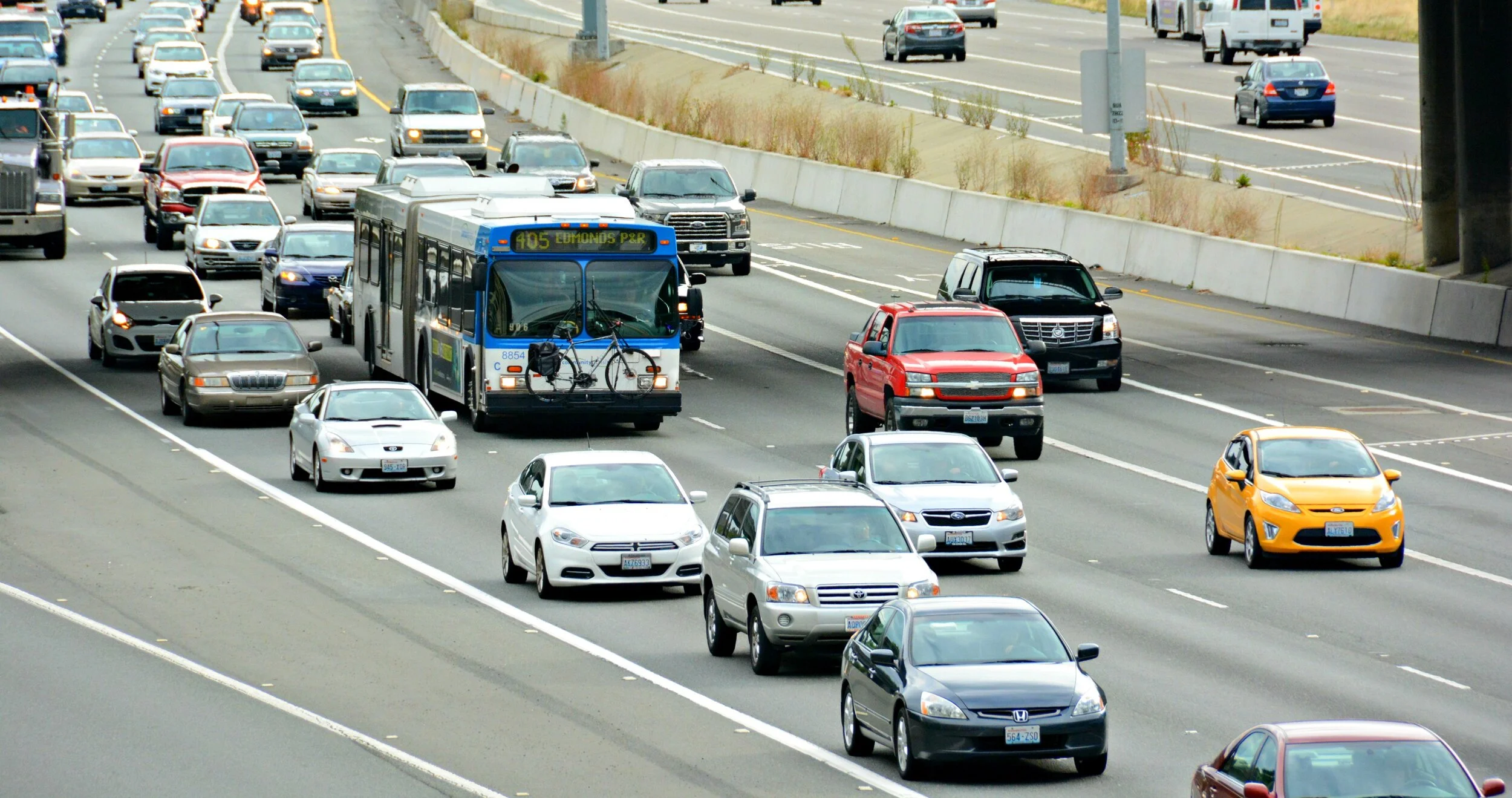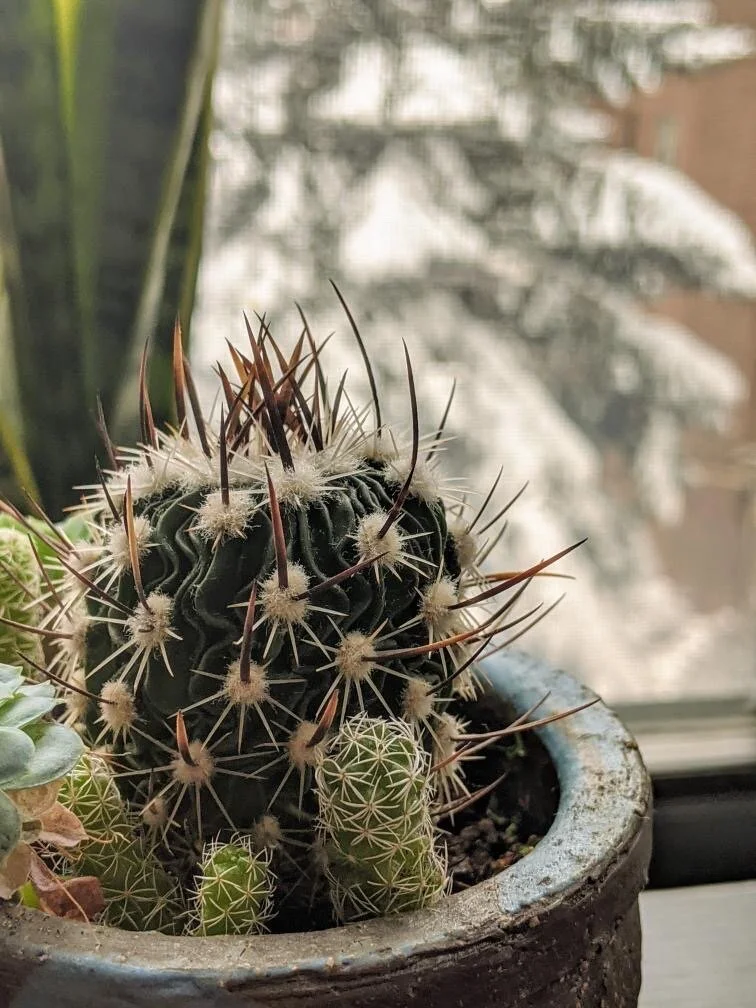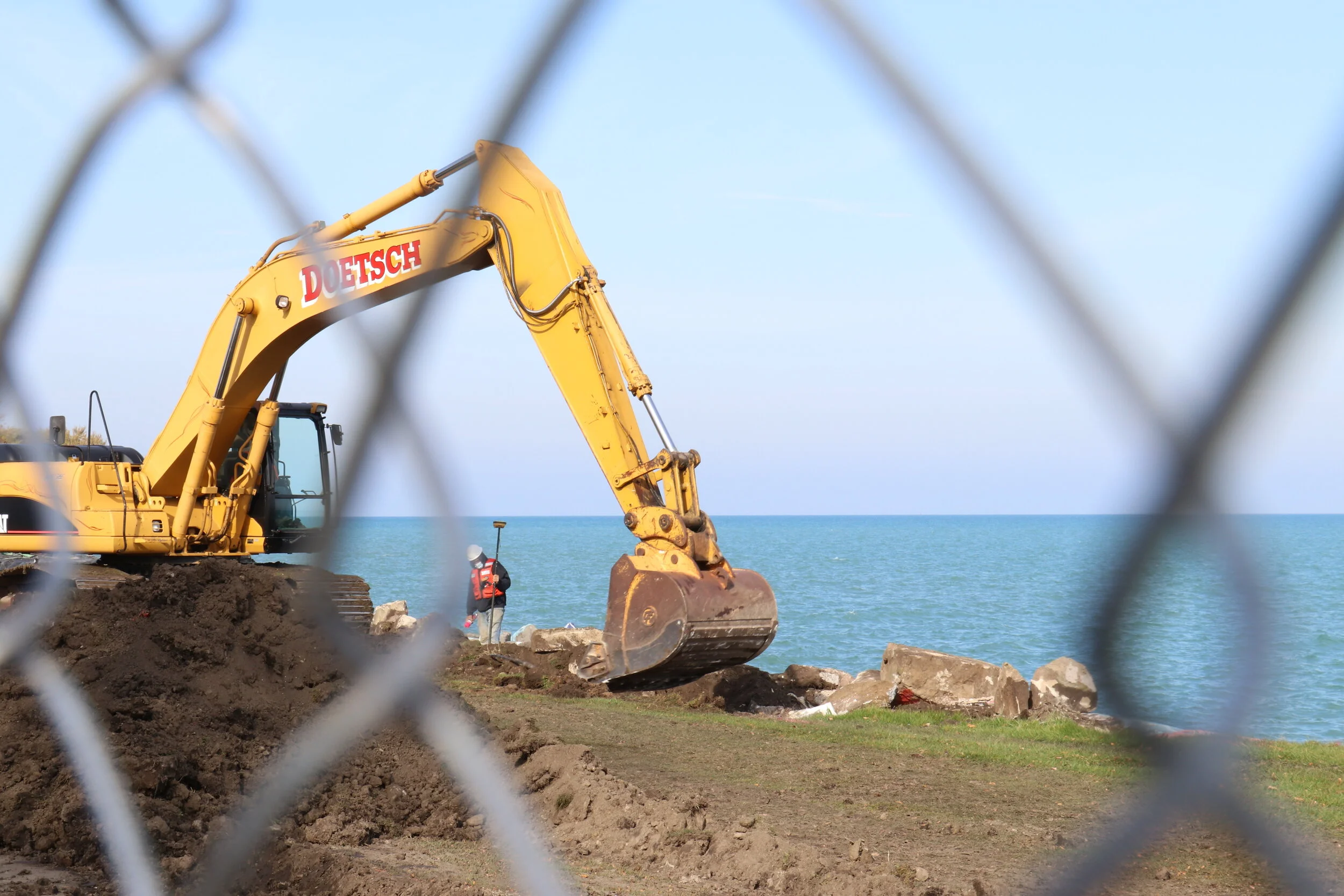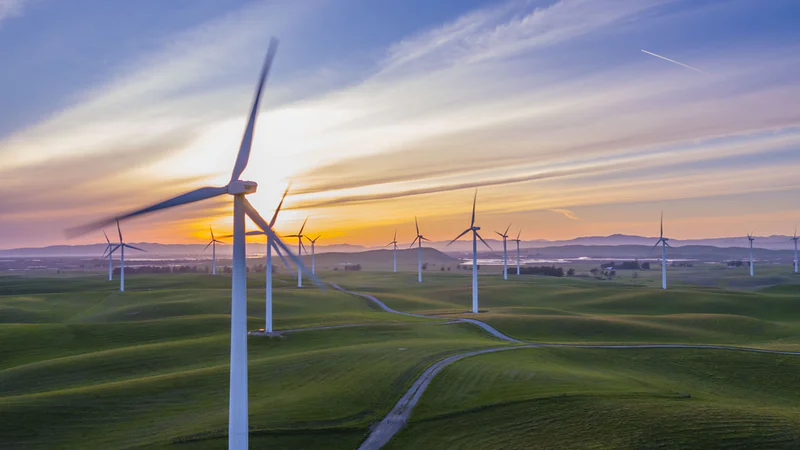Fast fashion has a massive impact on the environment: it’s the second-largest use of the world’s water, produces 10% of all carbon emissions, and generates pollutants like microplastics. If you want to shop more sustainably, Hannah Dembosky lists out 8 clothing stores that prioritize the planet.
Read MoreThe Clark Street Beach Bird Sanctuary is a vital environmental preserve for local flora and fauna. Ginny Lee talks to the organization's leadership about the importance of this ecosystem and the importance of local volunteers.
Read MoreGenerally, plants sit still and metabolize sunlight, with some exceptions. Animals move around and eat food, with some exceptions. What if a creature could do parts of both? Max Bennett researches these multi-talented creatures that he has dubbed “plantimals”.
Read More“Internet vegans”, social media influencers who create platforms promoting their lifestyle choices, argue that eating any animal products is immoral, and only by going vegan can someone truly be environmentally conscious. While many vegans do not share these views, the rhetoric of these extreme vegans who argue that non-vegans are immoral is extremely problematic for a wide range of reasons. Hannah Dembosky shares her opinion.
Read MoreChicago has a troubling history of environmental racism. The planned move of General Iron, a metal scrapping company, from Lincoln Park to the East Side, a predominately Latinx community, is a blow to the community activists who have worked for years to address environmental racism and protect their neighborhoods from further industrial development. Genevive Kosiolek has the story.
Read MoreVirginia passes law similar to neighbors DC and Maryland hoping to decrease its impact on climate change. This legislature is the first of its kind in southeastern states, potentially paving the way for more states to be inspired to adopt similar change. Read more about the details in Hannah Dembosky’s piece.
Read MoreAt a time when effective, low-carbon sources of energy are needed more than ever, one source of energy oftentimes remains shunned: nuclear fission, the black sheep of electricity generation. Is fission truly deserving of its unsavory reputation, or ought we to consider nuclear energy in the fight against a warming world?
Read MoreLearn more about an effort at Northwestern University to increase composting, Cats Who Compost, in this article, how to begin your own composting, and where to drop it off!
Read MoreHave you always wanted a little green friend for your dorm room or apartment, but don’t know how you can keep one alive when you can barely take care of yourself during midterms week? Northwestern sophomore Austin Li is what you may call an expert college-age plant owner, and he shared with ION his tips and tricks on how he grew his collection of house plants and kept them thriving.
Read MoreWhile land-based ecosystems are dominated by towering trees and gargantuan flora, the oceans are ruled by organisms too little to be seen by the naked eye. Technically, you owe every second breath you take to this diverse assemblage of marine microbes called phytoplankton. But, what exactly are these tiny beings, and how are they able to have such a dramatic impact on our planet?
Read MoreThis fall, Danielle Johnson embarked on a 3-month stay in Jackson Hole, Wyoming for her journalism residency. Throughout her stay, she captured the natural beauty of an area where over 97 percent of the land is publicly protected.
Read More“Chris Wilt, my dad, was given his first hunting dog from an uncle when he was just a teenager. Many years later, working and hunting with dogs remains one of his primary interests and hobbies.” In Our Nature’s Ali Wilt documented her father as he worked with his 8-month-old Kaiser, usually called Kai, on a pheasant hunt.
Read MoreIt takes a lot to make a movie. Sitting in front of the silver screen, it becomes easy to forget about what happens behind the scenes to create the final Hollywood product. The cost of creating that movie magic is oftentimes extensive and irresponsible environmental damage. Ginny Lee has the story.
Read MoreAs Lake Michigan continues to rise, University officials work to mitigate the effects of erosion and construct a long-term solution for the campus lakefill.
Read MoreSince the COVID-19 pandemic began in March, the production of single-use plastic and disposable medical masks has skyrocketed. Now, this waste has begun to overwhelm waste management systems and pollute ecosystems worldwide in an unforeseen consequence of these safety measures. Genevive Kosciolek has the story.
Read MoreVotes continue to pour in for the presidential election in the US as Election Day looms closer, just a day away. NURF member Maddie Mullaney discusses the environmental policy of each candidate in this piece.
Read MoreFrom the clock’s creators to college students to scientists, the viral Climate Week installation in Union Square has been met with a mix of enthusiasm and wariness. In Our Nature’s Jordan Hickey has the story.
Over a hundred years ago, members of the Pokagon Band of Potawatomi filed claims of ownership to land built into Lake Michigan in what is now known as Streeterville. Today, this land is home to Navy Pier, part of the Magnificent Mile, and the downtown Northwestern campus. John Low, enrolled citizen of the Pokagon Band of Potawatomi Indians and professor at Ohio State University at Newark, discusses this land built into the waters of Lake Michigan.
Read MoreOn Monday, September 14, the Evanston City Council voted 8-0 in favor of adopting an environmental justice resolution. The resolution acknowledges the disproportionate effects of environmental issues on communities of color in the Evanston area, and outlines actions to correct these injustices. Read more about the process this resolution went through to get adopted here.
Read MoreWhen the COVID-19 pandemic ravished its way through the Evanston community this year, everything was brought to a halt. Community activists like Citizens’ Greener Evanston president Rachel Rosner were faced with the task of balancing the fear of an unknown virus while adapting to a new online form of activism.
Read More



















